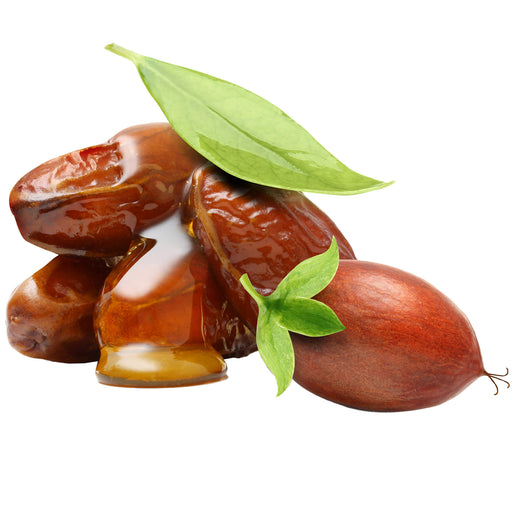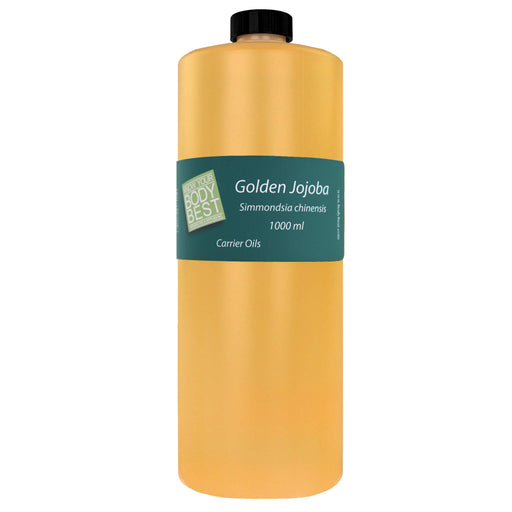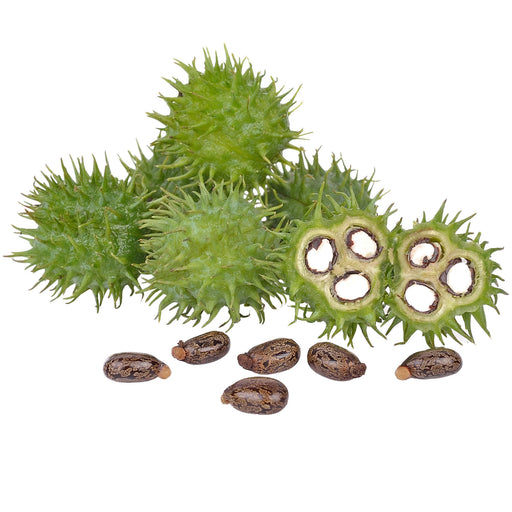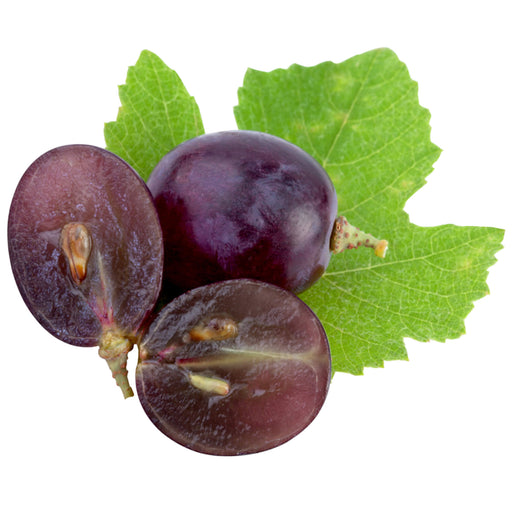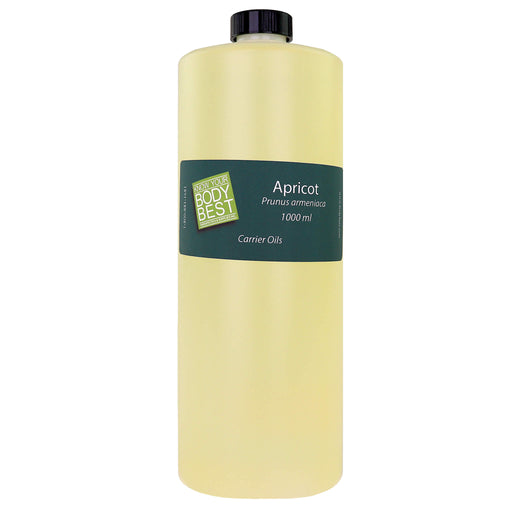over $250.00

Aromatherapy in History and Culture
Aromatherapy in History and Culture
The sense of smell seems wired into our brains a bit differently than the other senses. When asked to picture a pleasing memory or recall an appealing sound, our brains tend to scan a bit, not necessarily to a clear sensation. But asked what lemon smells like, or peppermint, or rotten eggs, and the sensation is much clearer. It’s as if there is more going on in our minds when it comes to aromas.
Just as specific smells are memorable, smells are famous for being able to trigger specific memories as well, even involuntary memory. Marcel Proust’s narrator in his epic novel In Search of Lost Time, undergoes such a sensation as he dips a madeleine cake into his tea. This “madeleine moment” unleashes the torrent of specific memories that make up the sprawling seven volumes of novel that follow.
The Sense of Smell
The awareness that the sense of smell is a little different appears to be fairly universal across human cultures. The foul odours associated with pestilence and decay were held to be the cause of disease in medical traditions around the world. It wasn’t until the 19th Century that modern European physicians developed the germ theory of disease — that the microbes and pathogens that caused disease also thrived in sewers and cesspits, and other stinky places. Further, keeping things clean and sterile was the best way to avoid the spread of infection.
Perfumes and incense were also developed across human cultures both to mask unpleasant odours, but also to anoint the body, clothing, and wig, as a symbol of wealth. Essential oils emerged in medicine in ancient China and Egypt, and continued in ancient Greek and Roman culture. As well, incense was often burned in sacred places associated with meditation and spiritual reflection.
A powerful and appealing scent can help focus the mind.
Essential Oils
While some essential oils and plant extracts are thought to have antimicrobial and antiseptic qualities, the evidence is slim that inhaling an aroma itself can prevent or cure disease. However, used in combination with other therapeutic practices, essential oils can inspire both relaxation and stimulation. A powerful and appealing scent can help focus the mind, particularly during a treatment like massage or heat therapy. It may be that this is the key to the use of essential oils in pain management, stress reduction, sleep improvement, and the reduction of headaches.
The word ‘aromatherapy’ first appears in René-Maurice Gattefossé’s book Aromatherapy: Essential Oils, Plant Hormones, in 1937. The therapy began seeing wider recognition in the 1960s and 70s, hand in hand with the exploration of New Age concepts and Eastern spirituality. At the same time, a better understanding of holistic therapy was emerging in popular culture. The use of essential oils in cosmetics, and modern perfumery may have peaked culturally in the 1990s, a time when every fashion magazine included fold-out cologne and perfume samples.
The use and popularity of essential oils in aromatherapy is undeniable. The Canadian Federation of Aromatherapists represents over 180 practitioners, providing education, accreditation, and a high code of ethics.
Featured collection
-
Original price $14.99 - Original price $124.99$14.99 - $124.99$14.99
Lowest Price per ml: $36.66
$9.99 - $109.99$9.99 - $109.99Current priceCurrent Price: $29.99
Price Per ml: $29.99
$9.99BodyBest Fractionated Coconut Massage Oil
BodyBestIn stockBenefits of BodyBest Fractionated Coconut Massage Oil Elevate your massage experience with our house-branded Fractionated Coconut Massage Oil, a pr...
View full detailsOriginal price $14.99 - Original price $124.99$14.99 - $124.99$14.99Lowest Price per ml: $36.66
$9.99 - $109.99$9.99 - $109.99Current priceCurrent Price: $29.99
Price Per ml: $29.99
$9.99Save up to 12% -
$14.99 - $59.99
Lowest Price per ml: $0.06
$14.99 - $59.99$14.99 - $59.99Current priceCurrent Price: $59.99
Price Per ml: $0.05
$14.99Golden Jojoba Carrier Oil – Professional Massage & Skin Therapy
BodyBestIn stockGolden Jojoba Carrier Oil – Professional Massage & Skin Therapy Golden Jojoba Oil is a premium, professional-grade carrier oil designed for cli...
View full details$14.99 - $59.99Lowest Price per ml: $0.06
$14.99 - $59.99$14.99 - $59.99Current priceCurrent Price: $59.99
Price Per ml: $0.05
$14.99 -
$0.00 - $0.00$0.00
Lowest Price per ml: $0.03
$11.99 - $29.99$11.99 - $29.99Current priceCurrent Price: $11.99
Price Per ml: $0.04
$11.99Castor Organic Carrier Oil - Extra Virgin
BodyBestIn stockProfessional Castor Organic Carrier Oil – Extra Virgin for Therapeutic & Wellness Use Extra Virgin Castor Oil is a high-viscosity, professional...
View full details$0.00 - $0.00$0.00Lowest Price per ml: $0.03
$11.99 - $29.99$11.99 - $29.99Current priceCurrent Price: $11.99
Price Per ml: $0.04
$11.99 -
$29.99 - $99.99
Lowest Price per ml: $0.02
$29.99 - $99.99$29.99 - $99.99Current priceCurrent Price: $29.99
Price Per ml: $0.02
$29.99Refined Grapeseed Carrier Oil – Cosmetic Grade
BodyBestIn stockOur Refined Grapeseed Carrier Oil – Cosmetic Grade is a lightweight, professional-grade carrier oil widely used by massage therapists, aesthetician...
View full details$29.99 - $99.99Lowest Price per ml: $0.02
$29.99 - $99.99$29.99 - $99.99Current priceCurrent Price: $29.99
Price Per ml: $0.02
$29.99 -
$29.99 - $29.99$29.99$29.99 - $29.99Current price$29.99
Apricot Kernel Carrier Oil - Cosmetic Grade, Refined
BodyBestIn stockProfessional Cold-Pressed Apricot Kernel Oil for Massage & Body Treatments Cold-Pressed Apricot Kernel Oil – Cosmetic Gradef, Refined is a ligh...
View full details$29.99 - $29.99$29.99$29.99 - $29.99Current price$29.99


